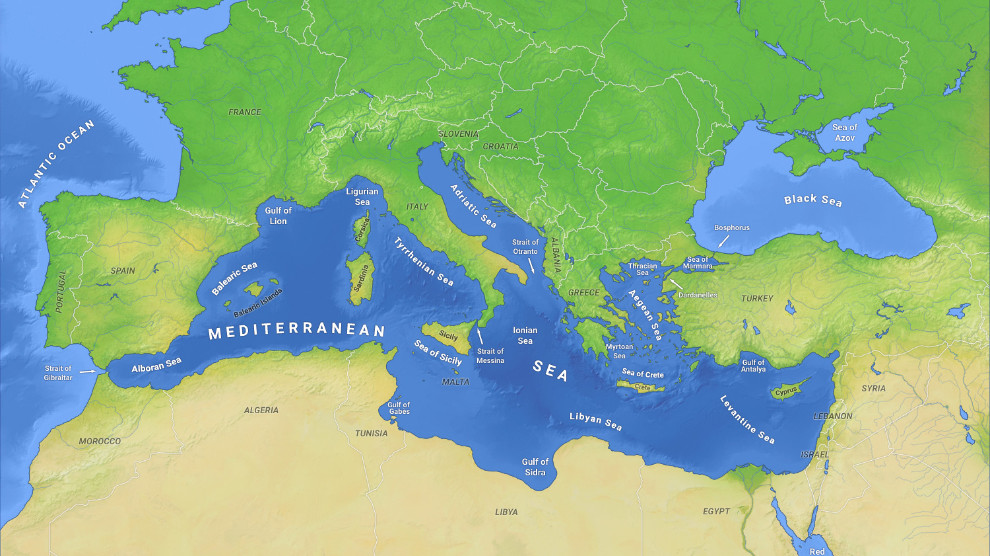What is behind the Egypt-Greece maritime deal
Greece and Turkey have been discussing for decades over sea boundaries but recent discoveries of natural gas and drilling plans across the east Mediterranean have exacerbated the dispute.
Greece and Turkey have been discussing for decades over sea boundaries but recent discoveries of natural gas and drilling plans across the east Mediterranean have exacerbated the dispute.

Egypt and Greece on Thursday signed a maritime deal that sets the sea boundary between the two countries demarcating an exclusive economic zone for oil and gas drilling rights.
The deal has been read as a response to a similar agreement between Turkey and Libya’s Tripoli-based government last year that increased tensions in the East Mediterranean region.
The Turkey-Libya deal was widely condemned by Egypt, Cyprus and Greece as an infringement on their economic rights in the oil-rich sea. The European Union says it’s a violation of intentional law that threatens stability in the region.
Greece and Turkey have been discussing for decades over sea boundaries but recent discoveries of natural gas and drilling plans across the east Mediterranean have exacerbated the dispute.
“This agreement allows Egypt and Greece each to move ahead with maximizing their benefits from resources available in this exclusive economic zone, namely promising oil and gas reserves,” said Egypt’s Foreign Minister Sameh Shukry.
He added that “Egyptian-Greek relations have been crucial to maintaining security and stability in the East Mediterranean region and for countering threats caused by irresponsible policies that support extremism and terror,” a clear reference to Ankara’s support for the Tripoli government.
In Libya’s proxy war, Egypt has been on the opposite side from Turkey and has backed the rival administration based in eastern Libya and the east-based military commander Khalifa Haftar. Cairo claims Turkey is backing extremists on behalf of the UN-supported government in Tripoli.
With Turkish military support, the Tripoli government has repelled Haftar’s 14-month-long military campaign to capture the Libyan capital. After Turkey turned the tide in the Libyan war, Egypt’s President Abdel Fattah al-Sisi threatened a military incursion into Libya, leading to concerns of a direct Egyptian-Turkish confrontation.